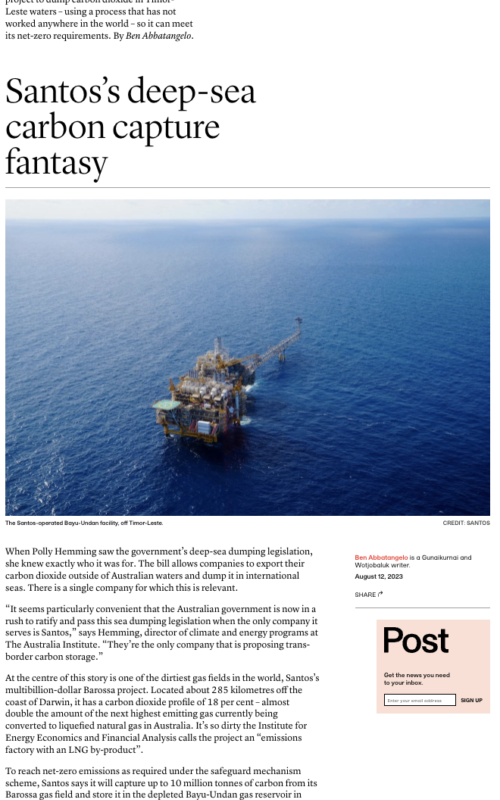Media coverage
Share
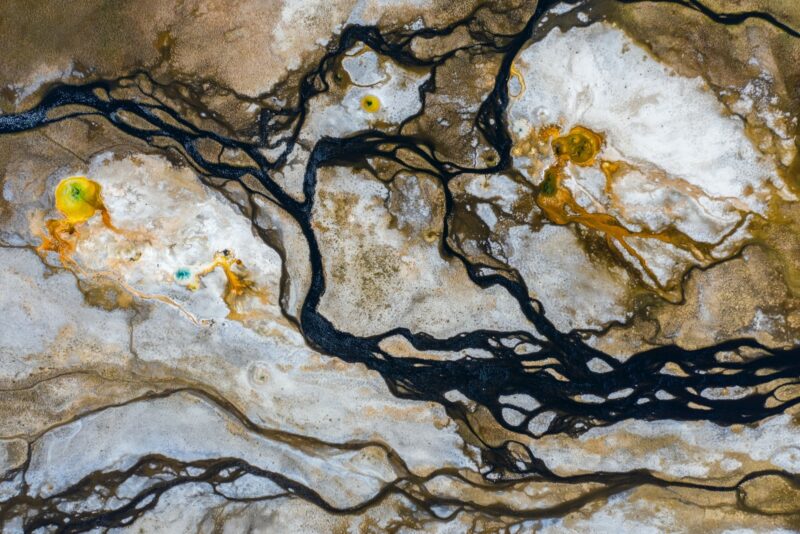
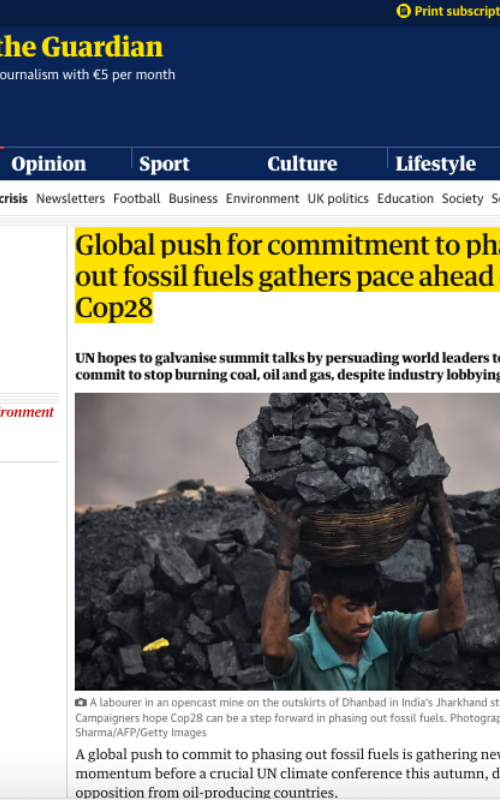
The Guardian
Bill Hare comments on the inclusion of recommendations including the “scaling up renewable energy while phasing out all unabated fossil fuels” in the Global Stocktake technical report.
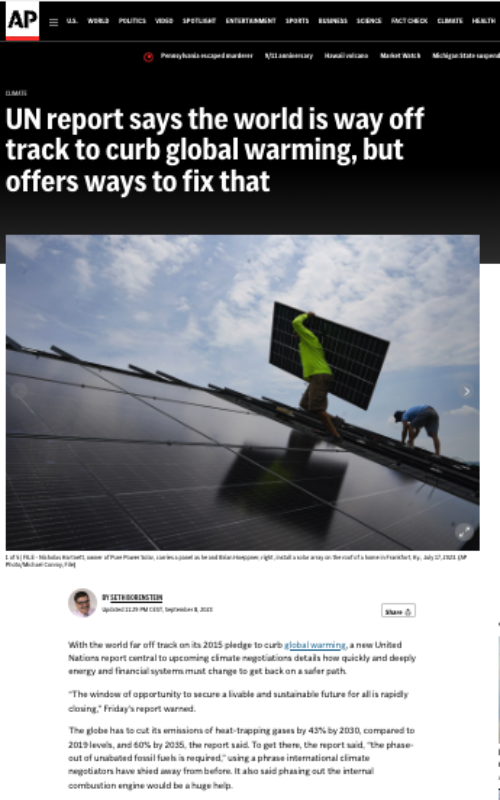
AP News
‘If you guys don’t get your act together, we’re going to cook’ - Bill Hare sums up the messages from the technical report on the Global Stocktake.
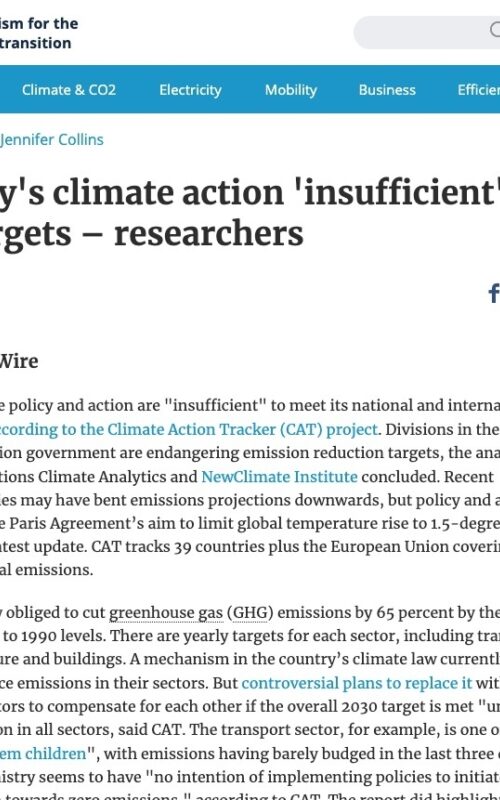
Clean Energy Wire
The Climate Action Tracker's updated rating for Germany is covered in Clean Energy Wire.
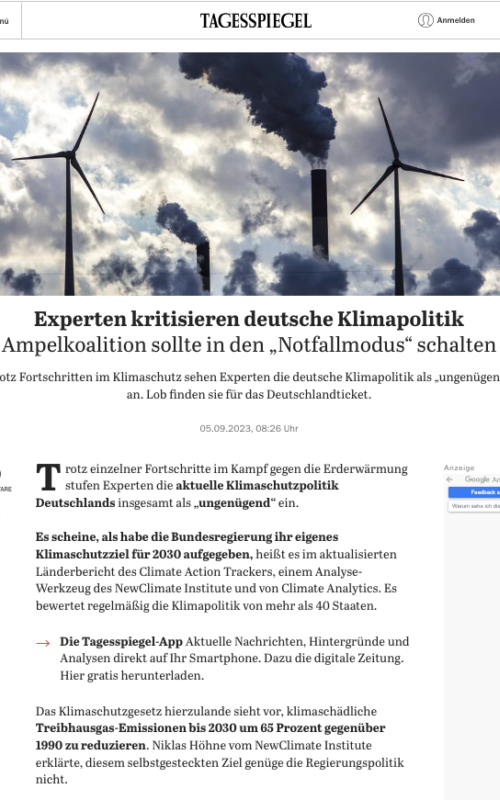
Tagesspiegel
The 'traffic light' coalition in government will need to do more to hit Germany's climate targets according to new analysis from the Climate Action Tracker.
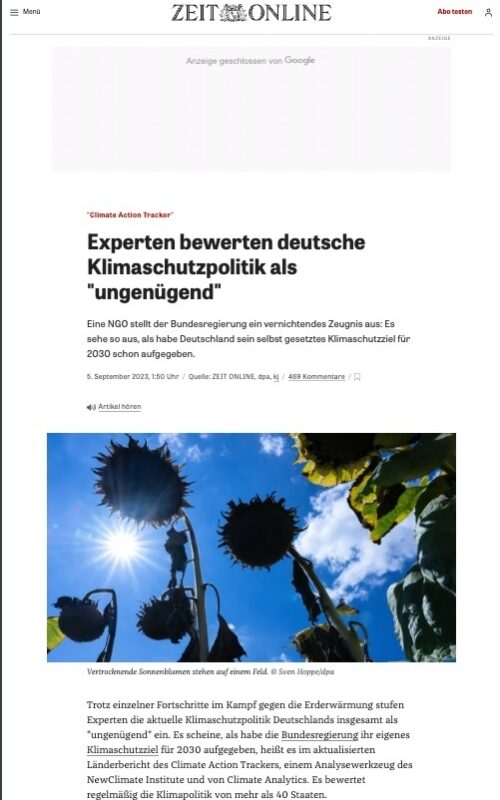
Zeit
The Climate Action Tracker has rated Germany's climate protection policies as inadequate
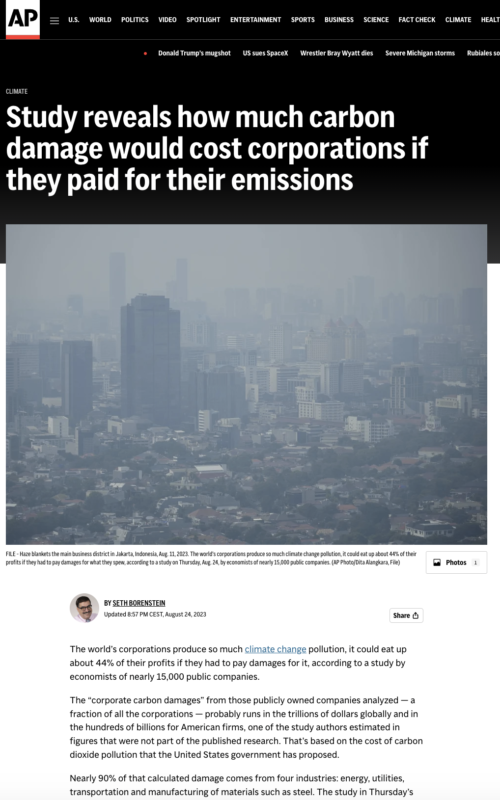
AP News
Bill Hare comments on a new study quantifying the climate damages from corporations, mainly in the US, pointing out that the study only looks at Scope 1 emissions, and therefore doesn't point to the impacts of their products, or downstream emissions.
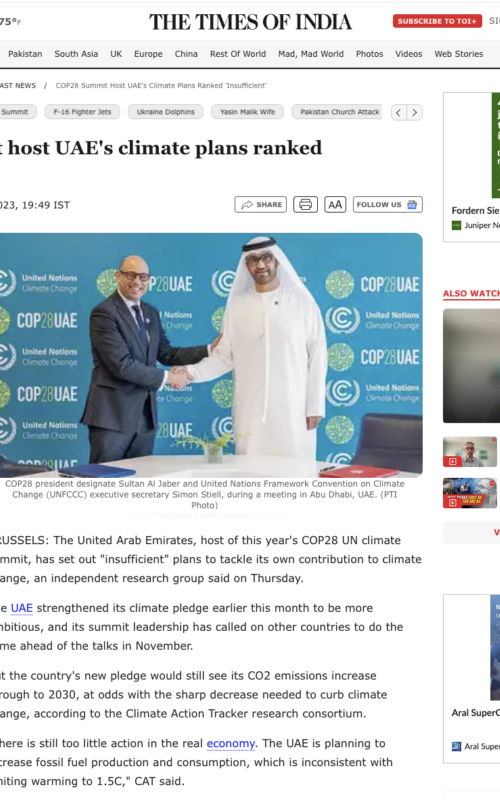
The Times of India
"While it's good the UAE plans to spend $54 billion on renewable energy, this is dwarfed by the national oil company's plans to invest three times that amount in oil and gas expansion," said Sarah Heck.
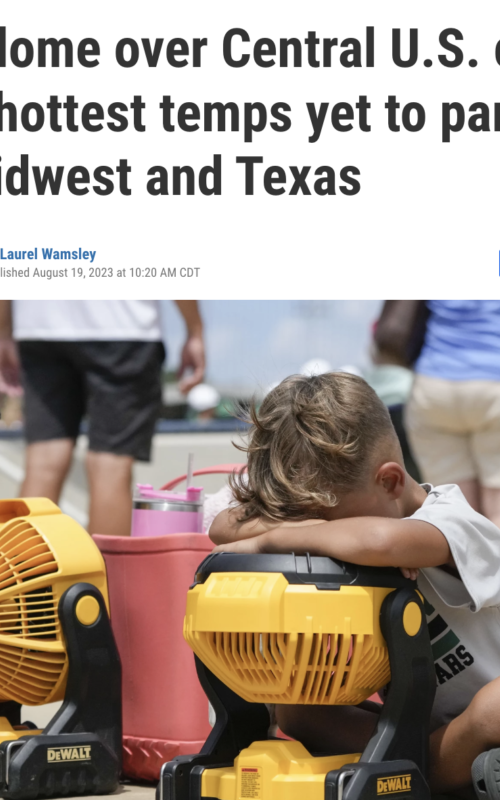
NPR
Heat waves are occurring at a higher frequency, which increases the likelihood of sequential heat waves, says Kai Kornhuber.
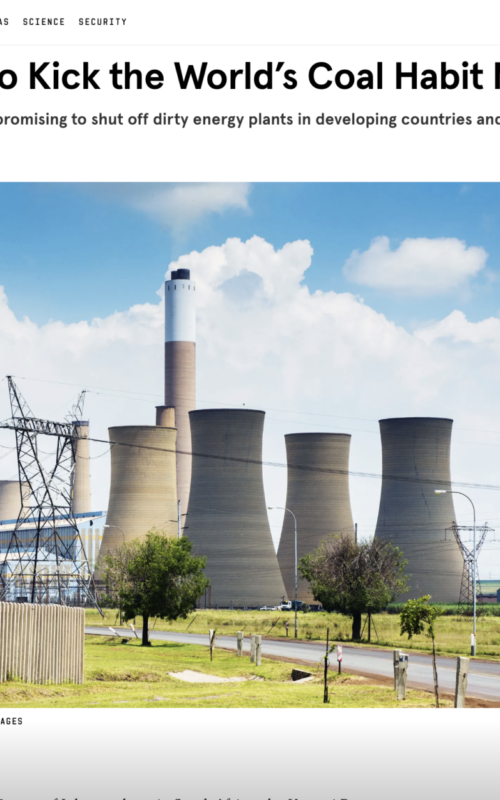
Wired
Given the high unemployment rate in South Africa, you need to sell the energy transition as a socioeconomic intervention, says Deborah Ramalope.
